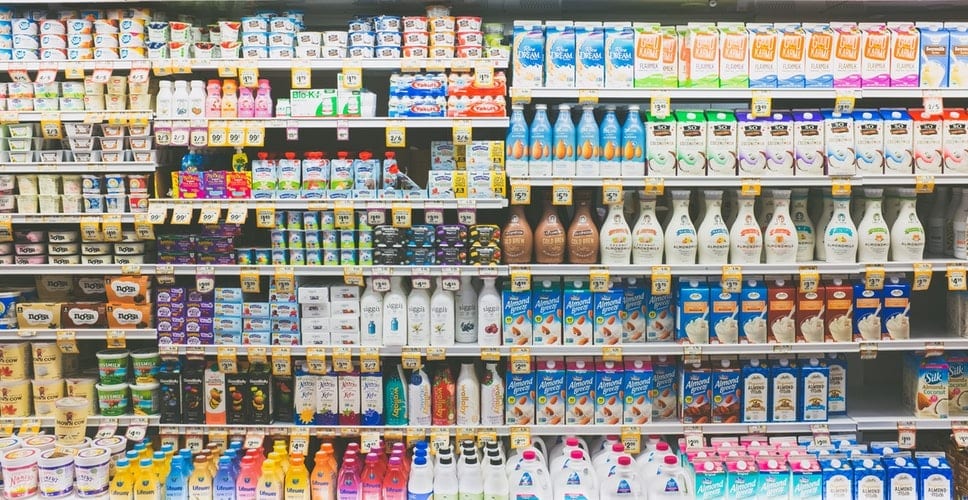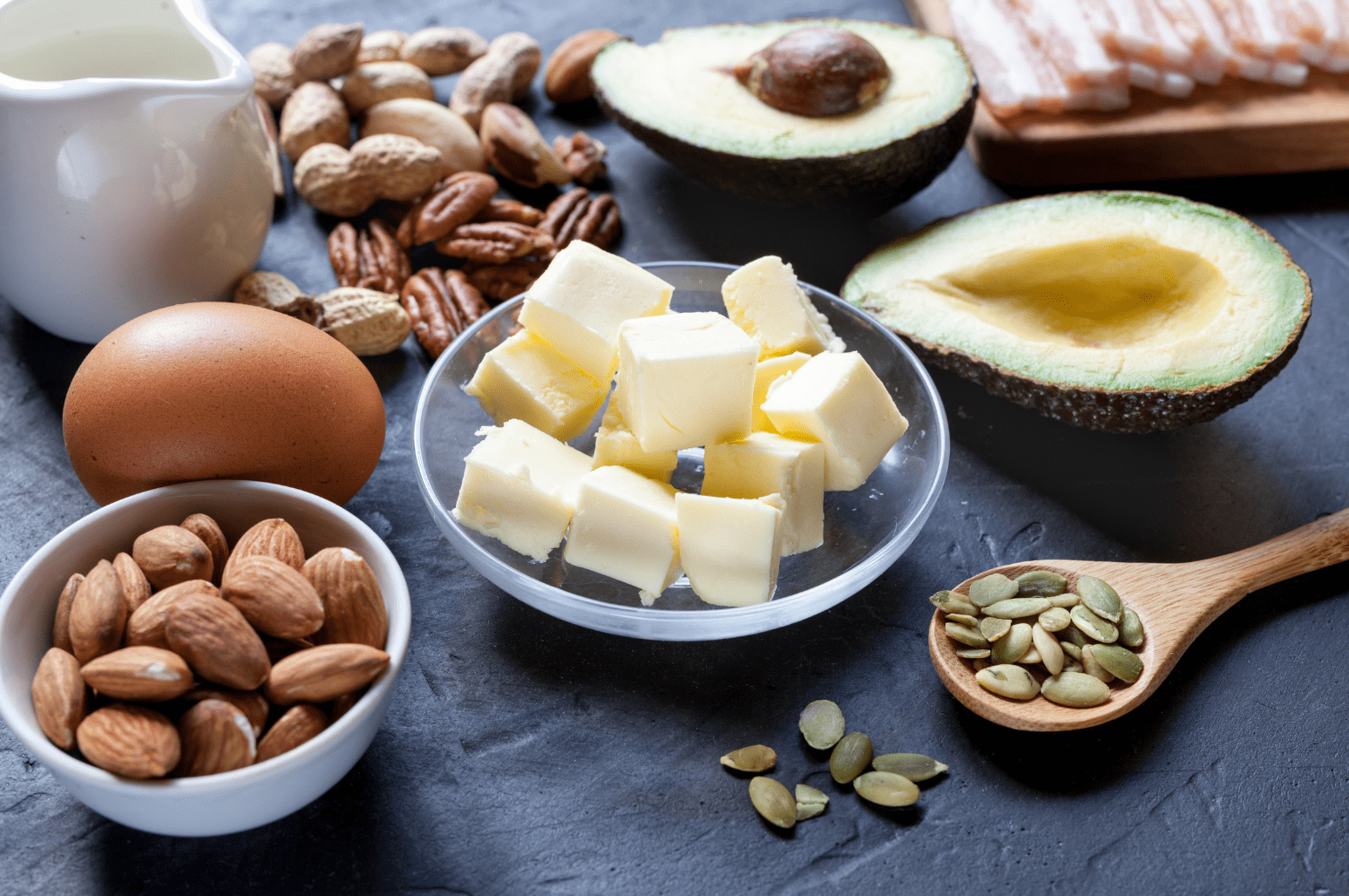
The confusion regarding whether or not to include dairy as part of one’s food intake is quite common, specifically for those adopting a low carb and/or Ketogenic Diet. This may often provoke concern only leading to frustration: to dairy or not to dairy?!-it most certainly is a good question. In order to make the best decision, it is critical to understand why many individuals exclude it from their snacks and meals in the first place. More notably, one must understand some of the major components of dairy that not only serve as declared allergens and intolerances, but also result in adverse effects to its consumer. [1] [3] [4]
Of the three macros nutrients, namely: carbohydrates, protein, and fats, it the former two, that are infamous for physiological issues upon and post-dairy consumption. More specifically, is the milk-derived carbohydrate “lactose” and proteins “casein” and “whey” that can be the so-named culprits. While there are most likely other macronutrients (e.g. fat) and organic compounds in dairy that could potentially result in intolerances and allergic affects, the ones specified above are well-known to result in such dairy-related issues. [1] [3] [4]
 Issues with Dairy on the Keto Diet
Issues with Dairy on the Keto Diet
Lactose-intolerance, in some capacity, affects approximately 65 percent of humans and is characterized by the inability to metabolize lactose. [4] This can result in severe gastric distress in addition to other complications. [1] [3] [4] As such, including lactose-free, dairy alternatives may be a suitable option for those with this known intolerance. When selecting an alternative, it is important to label read ensuring that sneaky, excess, carbs and fillers are not included in the product. This is critical as carbs may need to remain within a necessary range to achieve specific nutritional and therapeutic goals (i.e. Ketogenic-state).
Other individuals may experience adverse effects from dairy due to allergies from one or even both of the milk-derived proteins (i.e. “casein” and “whey”). [1] [3] If a milk protein-allergy exists, this macronutrient (i.e. protein) may be obtained from other non-dairy sources that do not contain the said allergen(s). [3] When seeking alternative sources, selecting proteins that are “complete” proteins, meaning that they contain all essential amino acids (i.e. the ones that must be acquire from diet/the body cannot make them), is beneficial as dairy is a “complete” protein. [2]
Benefits of Dairy on the Keto Diet
If indeed, no dairy intolerance and/or allergy exists, full-fat dairy is an excellent and efficient way to consume both a fat and protein source simultaneously. As alluded to above, selecting such sources that contain minimal carbs are optimal, specifically if the individual is adopting a low carb and/or Ketogenic Diet. It must also be noted that this article is not intended to serve or replace professional medical advice, diagnosis, or treatment; therefore, speaking with a professional, specifically to ensure dairy is safe for consumption, can help optimize goals, and demolish the “dairy dilemma” is essential.
References
Center for Food Safety and Applied Nutrition. Allergens – Frequently Asked Questions about Food Allergies. U S Food and Drug Administration Home Page. https://www.fda.gov/Food/IngredientsPackagingLabeling/FoodAllergens/ucm530854.htm. Accessed December 2018.
Is Dairy Protein As Good As Meat Protein? – Tufts University Health & Nutrition Letter Article.Health & Nutrition Letter – Your Guide to Living Healthier Longer. https://www.nutritionletter.tufts.edu/issues/13_3/ask-experts/Q-I-get-my-protein-from-dairy-such-as-cheese-and-milk_2101-1.html. Published May 8, 2018.
Know the Difference: Milk Allergy vs. Dairy Allergy vs. Lactose Intolerance. Food Allergy Research & Education. https://www.foodallergy.org/about-fare/blog/know-the-difference-milk-allergy-vs-dairy-allergy-vs-lactose-intolerance. Published October 11, 2014.
Lactose intolerance – Genetics Home Reference – NIH. U.S. National Library of Medicine. https://ghr.nlm.nih.gov/condition/lactose-intolerance. Accessed December 11, 2018.









